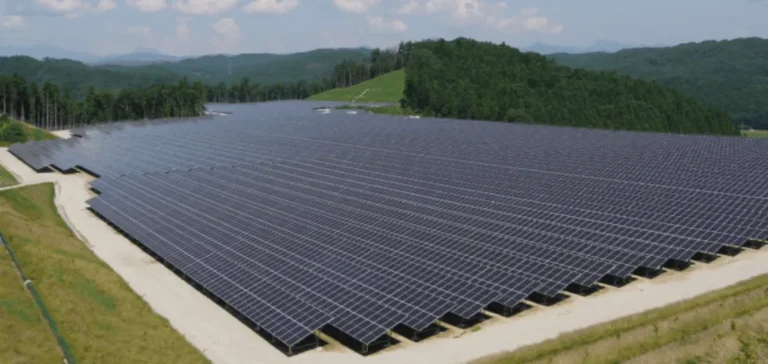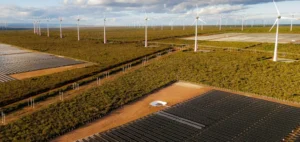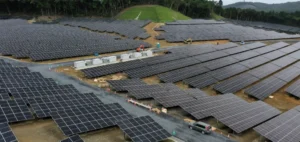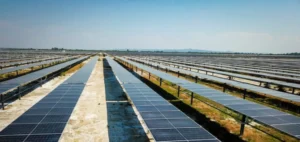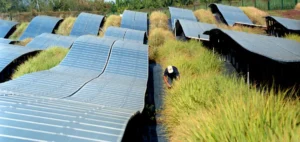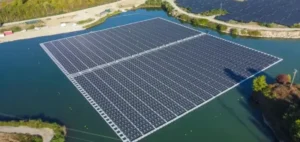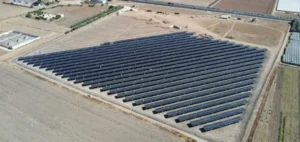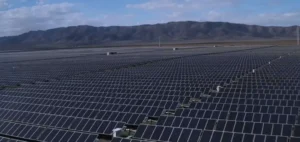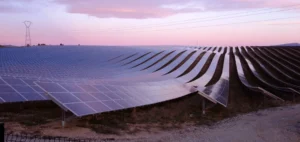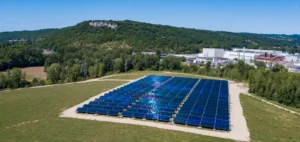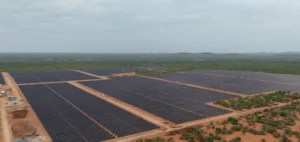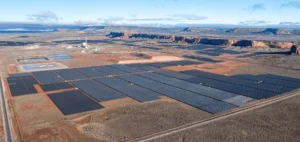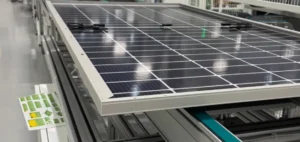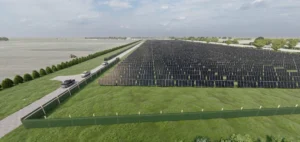ENEOS Renewable Energy has announced the construction of two solar power plants with a combined capacity of 4MW on decommissioned sections of the Japan Railways Hokkaido Company (JR Hokkaido) Hidaka Line. The electricity generated will be sold to JR Hokkaido through a corporate power purchase agreement (PPA) structured by Hokkaido Electric Power Company (EPCO). The expected annual output is 7.1GWh.
Reusing decommissioned railway infrastructure
The solar plants will be built on a railway section that was shut down in 2021. This project is part of an initiative launched by JR Hokkaido to repurpose unused land from the former Hidaka Line and Sekisho Line under an “open innovation programme.” Six projects were selected under the initiative, including a second solar project awarded to Enewill, a solar development company.
JR Hokkaido will use the electricity to power Tomakomai and Kitahiroshima stations, as well as operations on the Muroran Main Line and Chitose Line. No commercial operation date has been disclosed.
Growing use of PPAs in Japan’s rail sector
This project is part of a broader trend in Japan, where rail operators are partnering with energy suppliers to secure their electricity needs. According to Japan Energy Hub data, JR Hokkaido has already signed another energy supply deal for two Harebare solar plants with a combined capacity of 2.8MW, also structured through a PPA by Hokkaido EPCO.
Additionally, ENEOS Renewable Energy has signed multiple similar agreements, including an 18MW solar power supply contract with West Japan Railway Company (JR West) for the Sanyo Shinkansen operations. Such partnerships allow rail operators to access stable, contract-based energy while making use of otherwise idle land.


